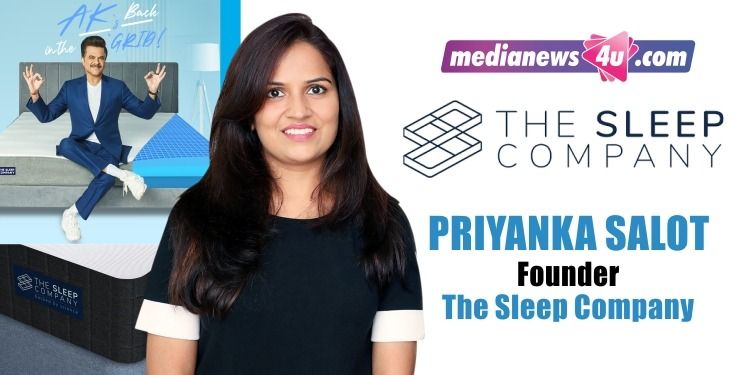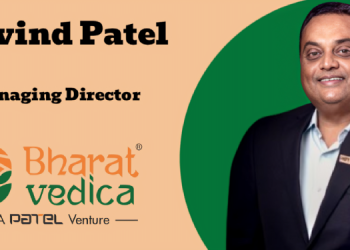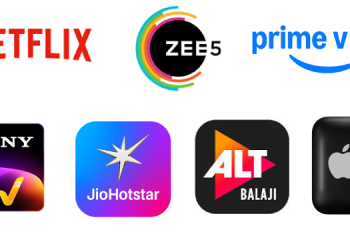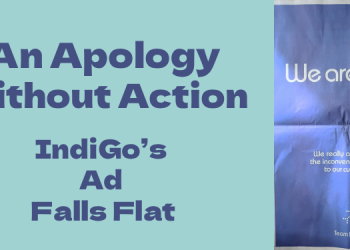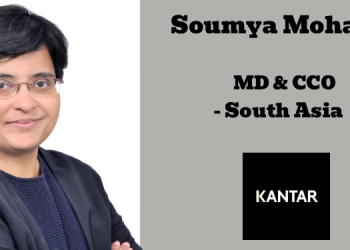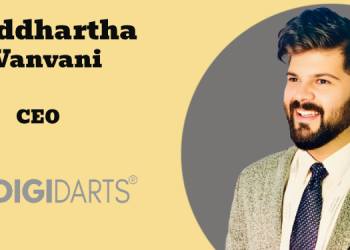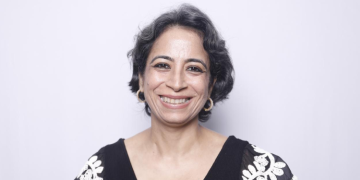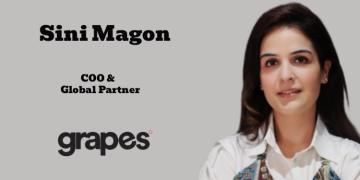The Sleep Company, launched October 2019 with a vision to upgrade the quality of comfort in ‘sleep’ and ‘sit’ with products like ‘smart grid’ mattresses, smart recliner beds and comfort chairs, is targeting revenue of Rs.1,000 crore in three to four years (from now), according to Founder Priyanka Salot.
This represents a five-fold jump from its reported target of Rs.200 crore for FY 2023.
In conversation with Medianews4u.com, Salot listed three drivers for the company and reasons for her confidence.
“The three big growth pillars that would continue are: growth in the digital ecosystem as we see consumers are moving from offline to online; The Sleep Company going very aggressive in omnichannel with our offline expansion; International expansion, we are already present in two countries apart from India and will be going into more countries in this year itself. That’s where we are seeing very strong growth coming in and confident of being on track to deliver the numbers we are talking about,” states Salot.
Its patented proprietary technology, end-to-end in-house manufacturing and channels bereft of middle layers like distributors and retailers have helped the business deliver value to end-users, explains the entrepreneur.
“Even in offline, it’s our own company-operated stores. We sell at a starting price point of around Rs.17,000 to 18,000. If you try to find any offline stores for any top five brands in the country you will not get a decent mattress less than Rs.30,000. We are providing quality; our Smart Grid Ortho (king size) mattress comes at Rs.21,900 – that quality of product in offline will not be available even at Rs.50,000 price point,” she claims.
The efficiencies of D2C that render competitive advantage are being carried forward to the brand’s offline channels. Salot believes the divide will be bridged across the industry.
“This category is very inefficient in offline; the retailers, distributors take up 50 pc of the margin and escalate the consumer price to double. We have eliminated all of them and we are opening our own stores and we have seen great success in our first two stores. In this year itself you will be seeing lot more stores from The Sleep Company,” she explains.
In the next three to five years, the price inefficiency in offline channels has to go down, contends The Sleep Company founder.
“Efficiencies have to come into the offline channel. Top brands have started to focus more on company stores versus distributors or retailers. In future most of the brands would be offline and online, both,” she notes.
‘Smart’ Alternative to Memory Foam
The brand picked actor Anil Kapoor to be its face last year and launched a second campaign recently. The campaign questions the logic of choosing the popular ‘Memory Foam’ mattresses.
“This year for the second campaign ‘Forget memory foam get smart grid home,’ the intent was to go on to the second layer and tell consumers how Smart Grid as a product or as a technology is far better than memory foam mattresses,” explains Salot.
The timing of the campaign, ahead of the festive season that sees a three to four-fold spike in sales, makes sense. So does taking on memory foam. About 50 percent of the Indian market is taken up by foam. And memory foam represents the premium end of foam.
The ‘Smart Grid’ is better than memory foam – the latter was invented in the 1950s by NASA for the purpose of shock absorption – as it relieves pressure points, is a more adaptive and pressure-relieving material, contends the Founder. It is also claimed to be cooler than memory foam. A very relevant point when it comes to India.
New Markets
The Sleep Company forayed into physical stores at Bengaluru and Hyderabad. They offer the touch and feel that D2C cannot, in a category where touch and feel has always been critical. An important part of the exercise is to let customers experience ‘Smart Grid’.
“Stores have been designed keeping in mind how to educate customers on (our) patented Smart Grid technology; they can go and take a pressure test and see how it helps with better quality of sleep versus the normal mattress. We expect offline stores to become big growth drivers in the next two years; we look forward to opening at least 100 stores in the next two years,” says Salot.
The brand has forayed into Japan and UAE. Japan and India, not coincidentally, were the top two sleep-deprived markets (in that order) according to a 2019 Fitbit survey.
Positive early results from Japan and UAE has given Salot and team the confidence to go into other markets like UK and Europe ‘very soon’. The expectation is that international operations account for 15 pc of business in the next one year.
Back home, tier 2 and 3 cities and towns have lapped up the brand’s D2C offerings thanks to erstwhile lack of quality-cum-value options, reveals the Founder.
Being a digital-first brand, more than 95 pc of The Sleep Company’s marketing spends are on digital. A wider mix would come into play as the brand becomes omnichannel.
“We want to streamline process where online is actually helping offline and vice versa. We continue to focus a lot on digital and go mass media this year itself and that would be to reach a deeper set of audiences in tier 2 and 3 cities,” reveals Salot.
Meantime, as D2C brands go offline, offline brands are discovering the D2C route, too.
Salot observes a key difference: “The advantage for us is we are a D2C digital brand first and can now go offline with our products. Most of the offline brands when they try to come online it becomes very difficult for them because of the pushback from the existing retailers and end up launching new brand names to come online and hence end up offering different products to their consumers online and offline.”
The ability to offer the same product and brand experience across online and offline puts The Sleep Company at an advantage, contends its Founder.
“This will set our company apart from others in this industry, along with our own patented Smart Grid technology – everyone else has foam. It’s our patented product, we have patent granted in India and Japan, in next one year will get patent granted in lot of other global markets,” surmises Salot.

